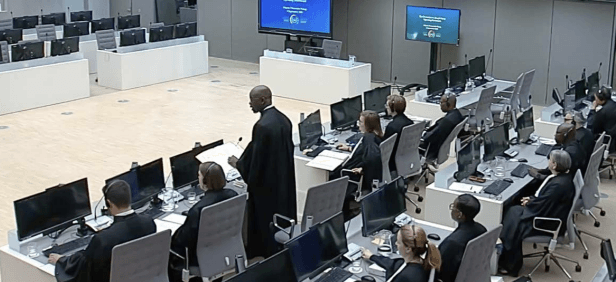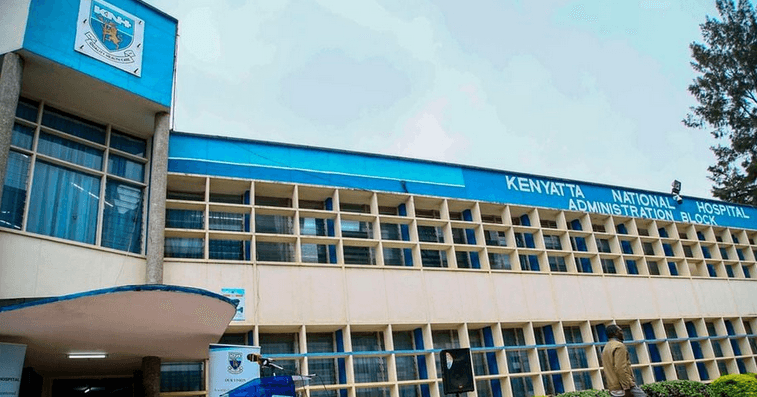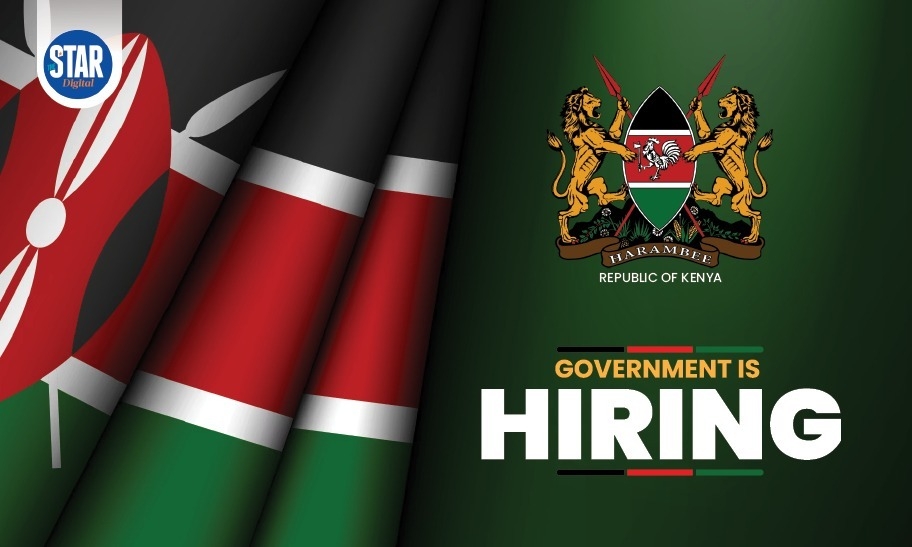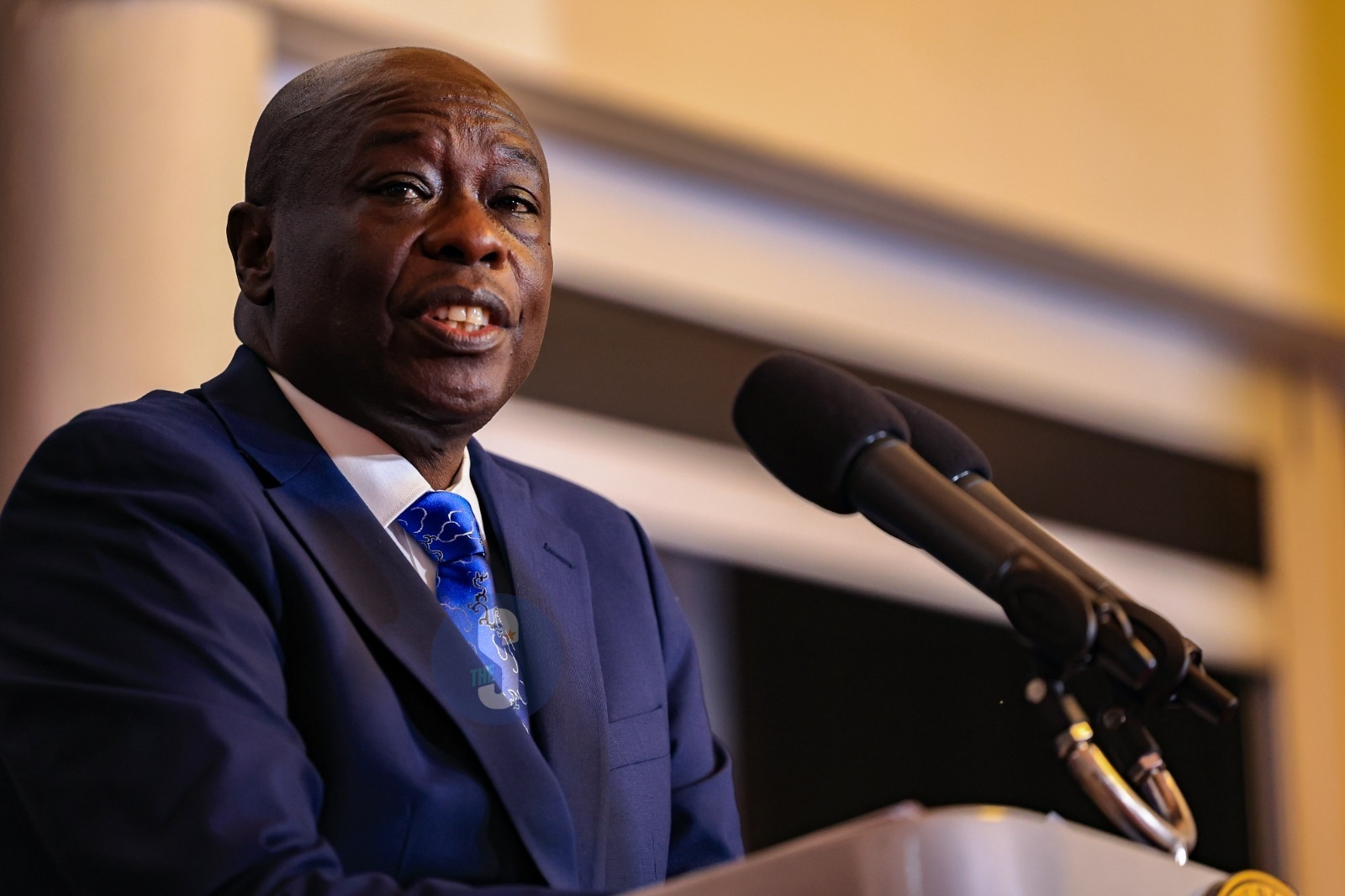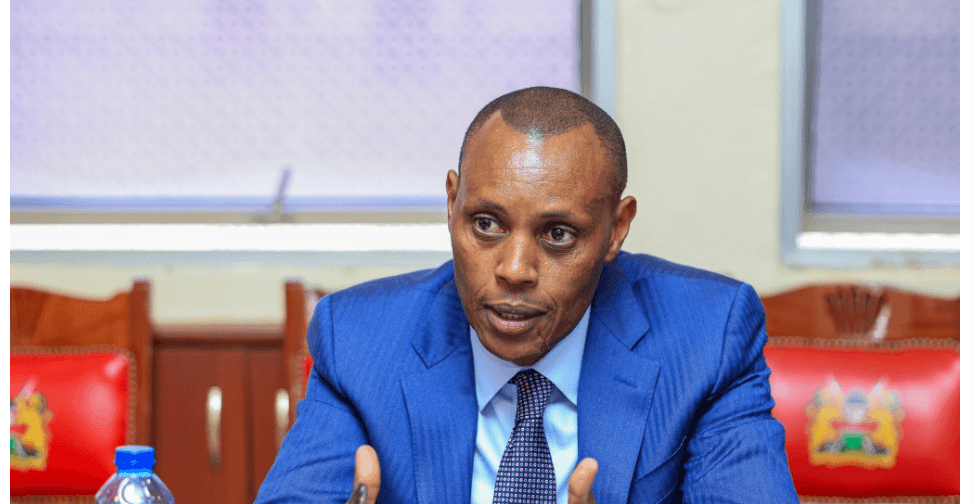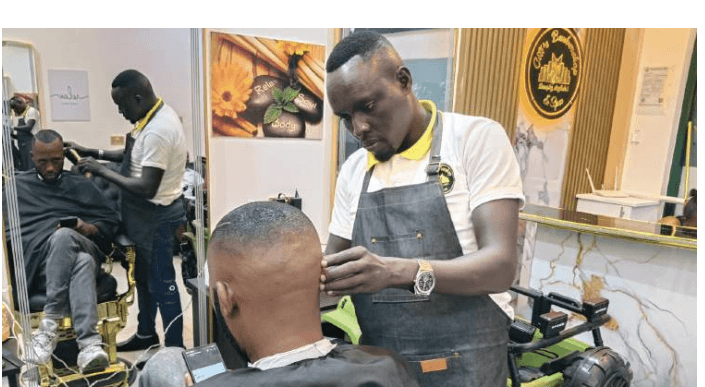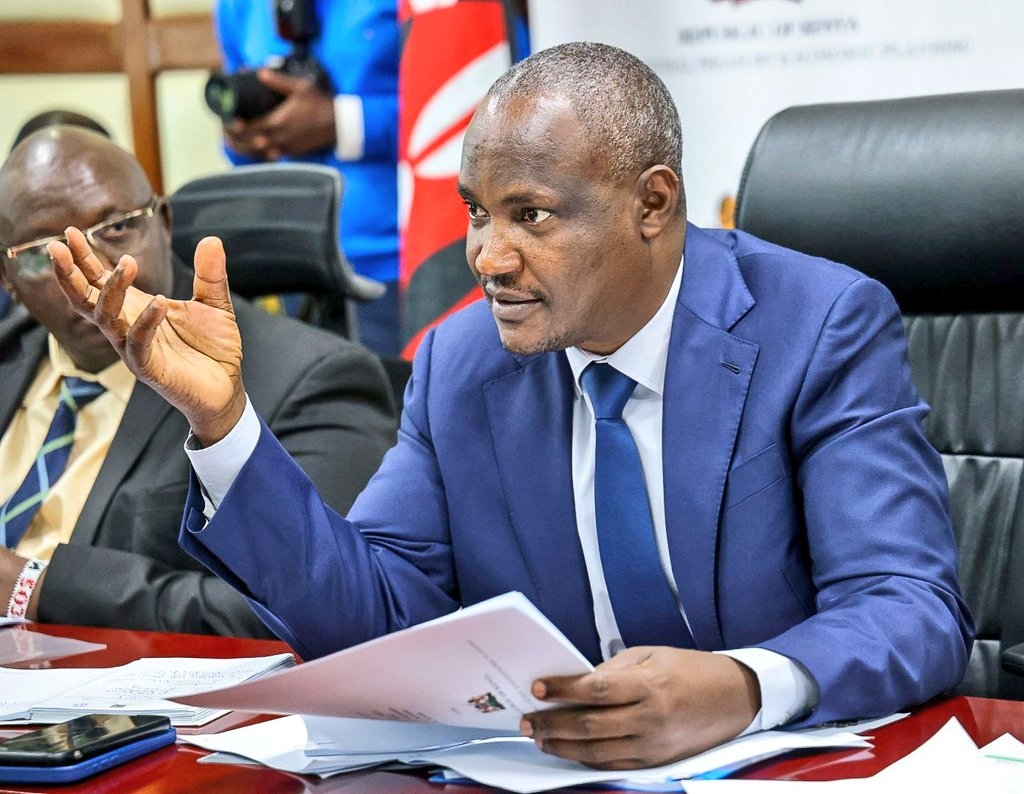
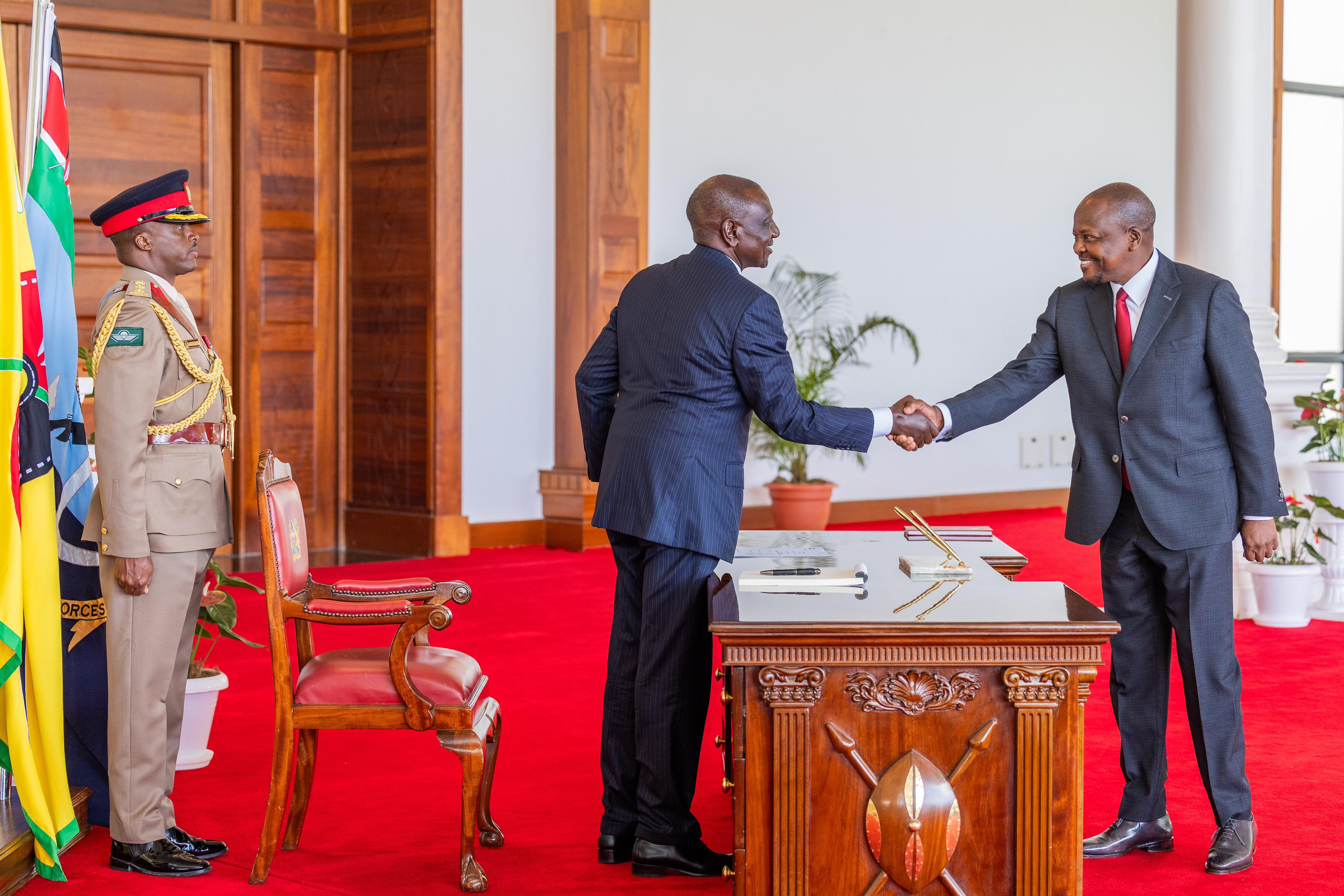
President William Ruto’s recent choice of Cabinet secretaries signals forging a 2027 re-election machine in which the eloquent political big names take charge of projecting his vision.
The President has largely kicked out professionals from his Cabinet and instead brought in political bigwigs as his popularity wanes in some of his former bastions.
Analysts say Ruto is now keen to work with regional big guns who not only have the trust of their communities but also are bold public communicators.
The Kenya Kwanza administration — once hailed as pro-people — has in recent months come under fire for heavy taxation, cases of abductions and forced disappearances.
On Friday, Mutahi Kagwe, William Kabogo and Lee Kinyanjui were sworn in as Cabinet secretaries for Agriculture, ICT and Trade, respectively.
Kagwe, a former Health CS, replaced Andrew Karanja, an accomplished scholar who had worked in the agricultural sector for many years, including for the World Bank.
Karanja’s stint at Kilimo House lasted for only four months.
Sources say Karanja’s ‘major sin’ was failure to effectively communicate the government’s agenda in his docket.
Karanja, who is headed to Brazil as ambassador, was accused of not doing enough to promote the government’s nationwide livestock vaccination plan.
In his place, Ruto named Kagwe, a consummate politician whose communication and leadership during the Covid-19 pandemic earned him national acclaim.
On Friday Ruto said he is confident Kagwe will persuade farmers to agree to vaccination of livestock.
“I am very confident that you [Kagwe] have what it takes to tackle our challenge in persuading farmers to vaccinate livestock,” Ruto said.
“You have done it before with the [Covid-19] vaccinations.”
Kagwe, who hails from former DP Rigathi Gachagua’s home county of Nyeri, is seen as crucial in countering increasingly negative media narrative against the government especially from the Mt Kenya region.
During the debate on their nominations, MPs heaped praise on the former Mukurweini MP for the way he handled communication during the pandemic and urged him to be equally eloquent and persuasive in government.
“There has been a missing link in terms of what government is doing, people fuelling [negative and incorrect] propaganda online are currently having a field day,” nominated MP Jackson Koskei said.
Seme MP James Nyikal said the new Cabinet secretaries can leverage their skills in their dockets to reduce youth unemployment and damp down complaints.
Unemployment has been cited by government critics as the administration’s undoing, though lack of jobs has been a problem for many years.
“If they work together, they can sort the issue of unemployment of our youths,” Nyikal said.
Th e President also brought on board Lee Kinyanjui, a former Nakuru governor praised as a hard worker who was kicked out by voters because of the prevailing politics at the time.
Lee replaces former ICT Cabinet Secretary Margaret Nyambura who also hails from Nakuru and commands significant political clout.
Ruto has also hired Kiambu’s first governor, billionaire William Kabogo, in another move seen as a strategy to win back resentful and restive Mt Kenya.
It had voted overwhelmingly for Ruto but has turned against him, largely because of the impeachment of Gachagua.
The new faces from Mt Kenya will also be tasked with trying to reclaim the region that is slowly drifting away from Ruto’s grip.
Gatanga MP Edward Muriu, a Gachagua ally, was quick to dismiss the approach as insignificant.
“The approach has no impact and does not change Mt Kenya politics,” he told the Star.
“Remember, Mt Kenya rejected (former President Uhuru) Kenyatta, and Mt Kenya has rejected Ruto. It is a zero sum game. Mt Kenya has moved on.”
The trio joins a team of former opposition leaders nominated to government in the heat of Gen Z protests.
They are already on the campaign trail, preaching the Ruto re-election gospel.
They are John Mbadi (Treasury), Hassan Joho (Mining), Wycliffe Oparanya (Cooperatives), Opiyo Wandayi (Energy and Petroleum) and Beatrice Askul (EAC).
Ruto, in another political manoeuvre, has also shifted his focus to Raila Odinga’s bases after the visible decline in support from Mt Kenya.
Whether Ruto’s gamble will pay off only time will tell, as critics believe the administration will require a miracle to win another term.
“It is widely acknowledged the President has lost so much ground and it is going to be impossible for him regain that ground,” ODM secretary general Edwin Sifuna claimed last week.
The President himself has rejected the one-term debate, signalling his intention to do everything possible to retain his seat.
During a church service in Nairobi’s Dagoretti North constituency, Ruto dismissed claims by his critics that he will only serve one term.
“There are people talking about one term, two terms, and three terms. I want to tell them that back then, some people never even thought I would have any term as the President. So, I am happy that God has given me this opportunity to lead the nation,” Ruto said.
He won the 2022 elections battle against a strong force of his boss, then President Kenyatta, who was backing Azimio la Umoja candidate Raila for president.
Should Ruto lose the 2027 elections, he will go down in history as the first Kenyan president to serve a single term.
Both Uhuru and Mwai Kibaki served full two terms of five years each.
Founding President Jomo Kenyatta served for 14 years, while his predecessor Daniel Moi was in office for a record 24 years.



